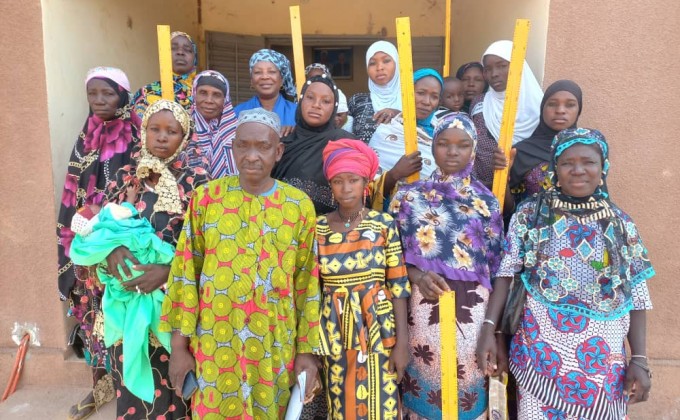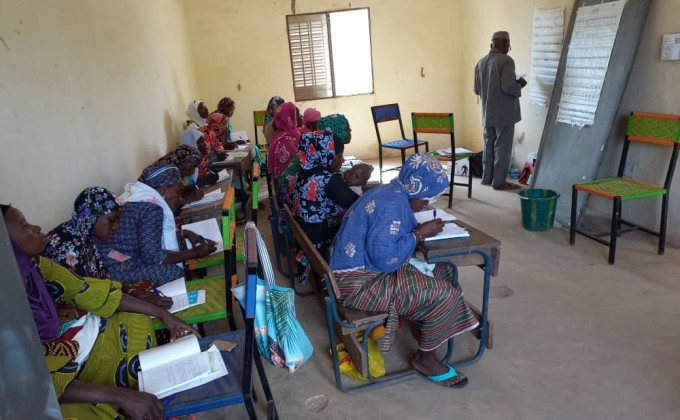

In Mali, almost 500 women members of agricultural cooperatives supported by the Dou Touloma project took part in an initial literacy campaign last March in the Koulikoro, Ségou and Dioila regions. Lasting five to six months, this initiative aims to strengthen the literacy and numeracy skills of women farmers, while lowering the barriers to their access to land and entrepreneurial freedom.
"These women are already pillars of their communities. Literacy can help them become, in the long term, autonomous players in the management of their agricultural, economic, cooperative and civic activities." - Mouly BABY, gender equality, advocacy and institutional strengthening specialist for the Dou Touloma project.
Cooperatives and their communities as levers for success
Each cooperative, with the support of its union and in line with the seven cooperative principles, contributes to the training of its women members. These organizations provide a training site, as well as monitoring and supervision of the literacy staff who run the courses.
In the same vein, each Centre d'animation pédagogique (Ségou, Sanando, Banamba and Beleko) has supported the project by negotiating with key players and making teaching materials available to learners who attend classes five days a week. The initiative is also supported by local town councils, village chiefs and unions.
"This literacy initiative for women farmers responds to a need that they strongly and widely expressed during the sector surveys for the development of our project implementation plan". - Mouly BABY.
The Dou Touloma project is funded by Global Affairs Canada ($17.4 million) and implemented by Alliance Agricole Internationale, a consortium of three Canadian organizations comprising SOCODEVI, CECI and Union des producteurs agricoles - Développement international.
Source: Habibatou SACKO, Dou Touloma project communications advisor
Article originally published on the website of our partner Socodevi.